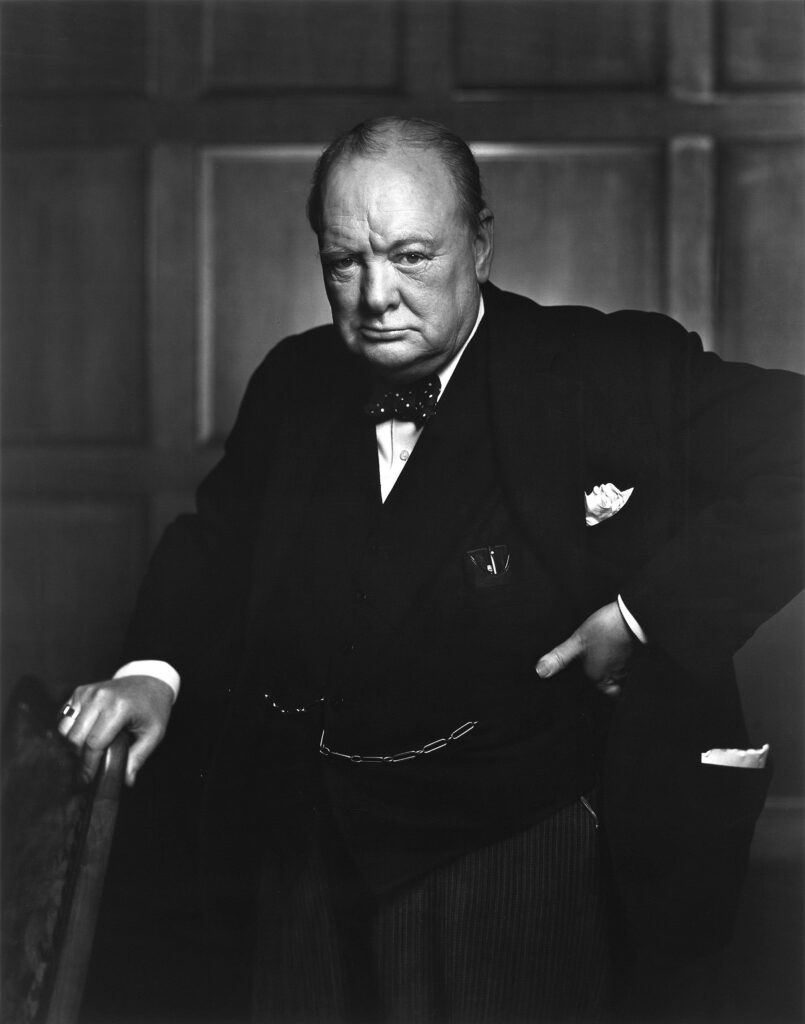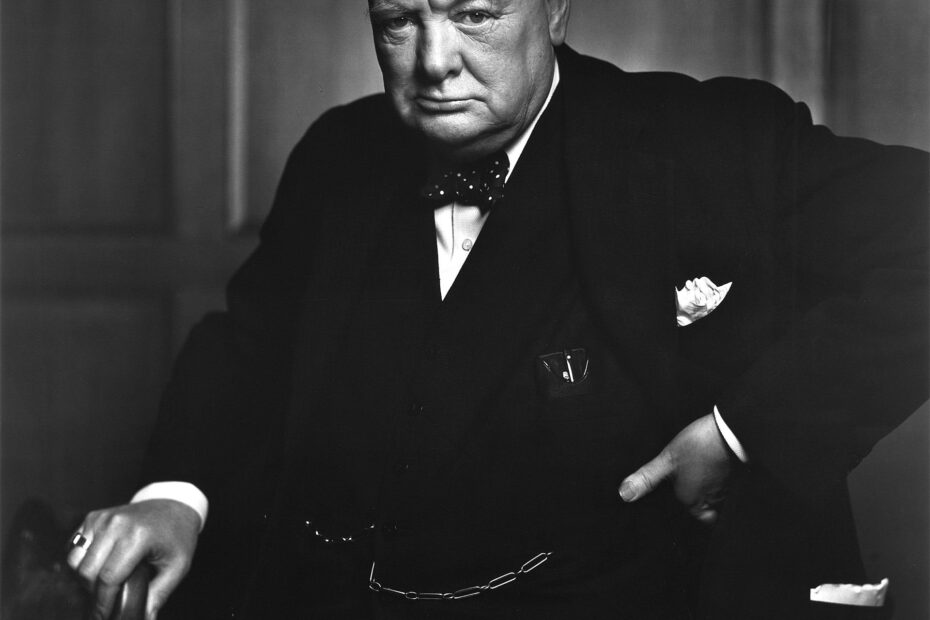
Excerpt from the discussion Post I submitted for my Atlantic University TP5010 Course – August 15, 2019
The men presented Chapter 10-12 from Moss’s, the Secret History of Dreaming, are all larger than life public figures who have left a lasting impact on the world that still reverberates today. I am a huge fan of Mark Twain, Carl Jung, and Winston Churchill, the “‘half-breed American,'” (2009, p. 252). And who could not love Wolfgang Pauli, a guy who literally blew stuff up just by entering a room? The Pauli Effect was so well-known in the scientific community that he wasn’t allowed to be part of the Manhattan Project since Oppenheimer and other key figures involved in the development of the atomic bomb “were worried he would trigger a nuclear explosion at the wrong place and time” (2009, p. 222).
In addition to their legendary status and lasting impact, these men also shared a common practice of analyzing their dreams and using them to help direct their lives. Jung is the best known of the four for an association with dreams, and his research and use of them in psychoanalysis provided the modern framework of working with patients that’s still in use today. Jung and Pauli’s chance meeting and subsequent relationship literally changed the approach of science, bringing together strange bedfellows. As Moss notes, “In their encounter, physics met psychology, erasing facile past distinctions between objective and subjective and opening the way to understanding the unus mundus, the underlying unity” (2009, p. 212). Jung ended up deciphering Pauli’s recurring dreams, which helped Pauli with his anxiety, as well as guiding his scientific work and how to use the knowledge from the Universe that flowed through his unconscious mind during the night.
Twain, like so many other authors, musicians, and artists, used his dreams as an incubator and source for his writing. But dreams to Twain were much more than just a creative spark for his craft. As Moss states, “Mark Twain’s experience was that in dreams we can find ourselves in parallel worlds where we lead a continuous life, usually forgotten after waking” (2009, p. 202). He had a broad understanding of the Universe, and its daily impacts on our daily lives, which enabled him to see the bigger picture, and not to fret the small stuff.
The disappointing 2017 movie, Churchill, which portrayed the World War II hero of Britain and the free world as a bumbling drunk, was way off the mark. Winston Churchill shared Jung, Pauli, and Twain’s knack for understanding and utilizing the unseen to leave a huge mark on the world. He informed a doctor that he dreams a lot, and he “credits his dreams for contributing to his vitality and good spirits” at a time when he was a wartime Prime Minister and faced a tremendous workload that included nightly bombing raids on London (2009, p. 250).
References
Moss, R. (2009), The secret history of dreaming, New World Library: Novato, CA.
